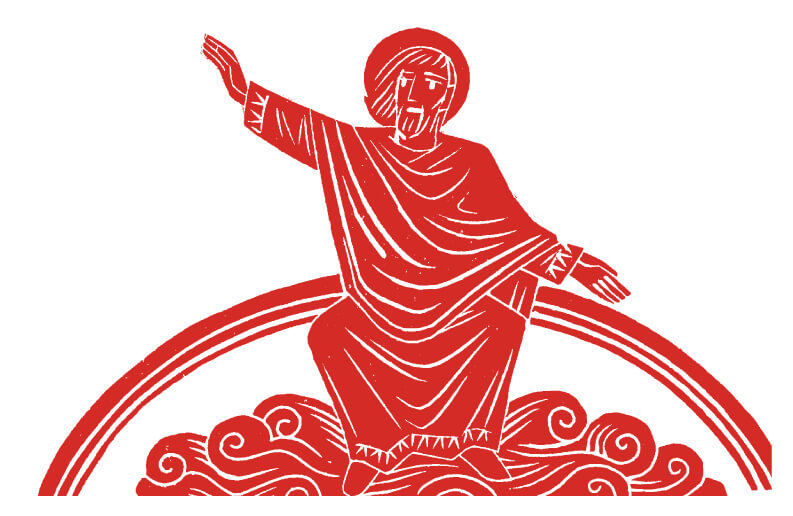
Sunday Readings: Malachi 3.19-20, 2 Thessalonians 3.7-12, Luke 21.5-19
Some people were talking about the temple and how it was adorned with precious stones and gifts dedicated to God. Jesus said, “These things you are talking about—the day will come when not one stone will be left on another, all will be torn down. People asked, “When will this occur, Teacher? And what will be the sign it is going to happen?” Jesus said, “Take care not to be misled. Many will come in my name, saying, ‘I am he,” and “The time is at hand.’ Do not run after them” (Luke 21.5-8).
As Sunday’s gospel passage begins, people admire the stones and adornments of the temple. Jesus stands in this scene before a magnificent, 500-year-old building no one can imagine flattened. Yet by the time Luke writes more than 50 years after Jesus’ public ministry, these prophetic words have proved true. The Roman legions destroyed the temple in A.D. 70.
For Luke, Jesus, who was rejected as Messiah and put to death, has risen and become the cornerstone of a new community. Those who believe in Jesus are living stones in the new temple, the Christian community.
Jesus offers four imperatives for surviving the profound upheaval that wars, earthquakes, famines, persecutions bring among us. In the face of rampant virus, melting glaciers, rising seas, and drought, Jesus recommends patient endurance—don’t stray from Jesus, don’t panic, give witness, endure.
Jesus has taught us how to live every day. Indeed every tragedy catches individuals in the midst of doing good, saving someone besides themselves, rescuing neighbors, helping the disabled, helping clear away wreckage. Christianity is about the verbs of everyday living: love, share, forgive, include, speak the truth, listen, learn, build, rejoice, have compassion, go an extra mile, lend a hand.
What would you like to be caught doing in a crisis?